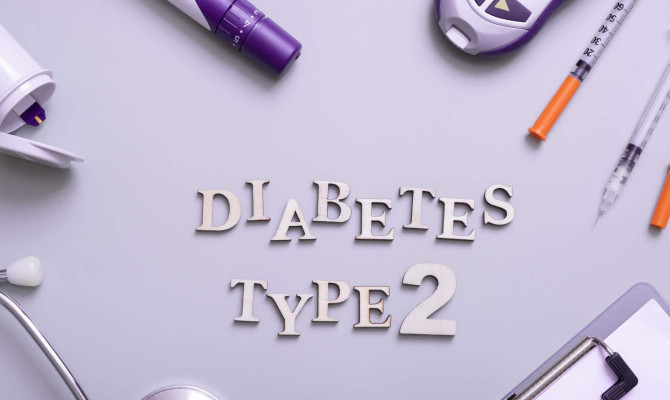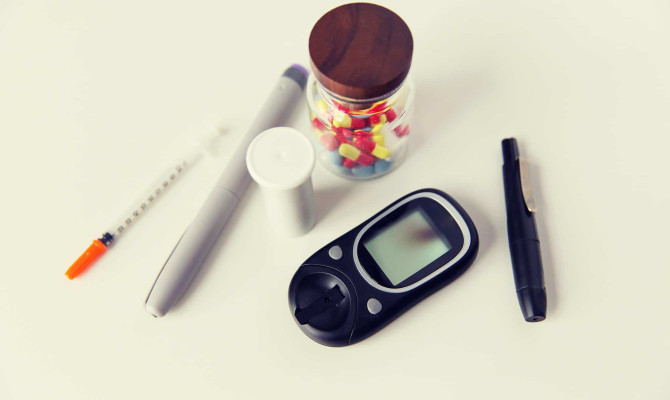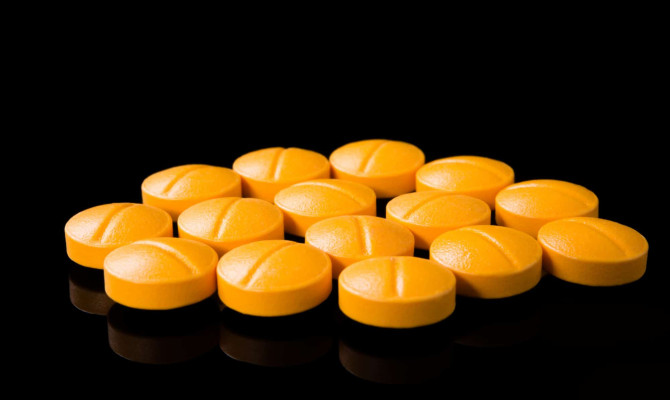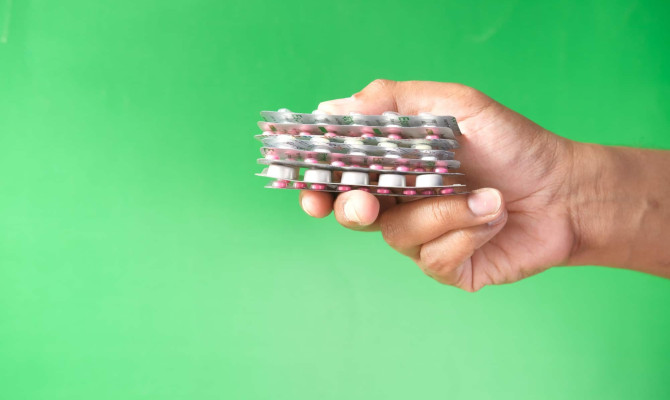Abilify: Uses, Side effects, and Interactions

- Abilify
- 16 Aug 2023
Overview
What is Abilify?
Aripiprazole, the generic name for Abilify, is a drug used to treat several mental health issues, including schizophrenia, bipolar disorder, and depression.1Overview| Researched based study from Nlm.nih.gov
It controls the concentrations of certain chemicals in the brain and is a member of a class of drugs known as atypical antipsychotics.1Overview| Researched based study from Nlm.nih.gov
This article will teach us more about its forms, risks, and uses.
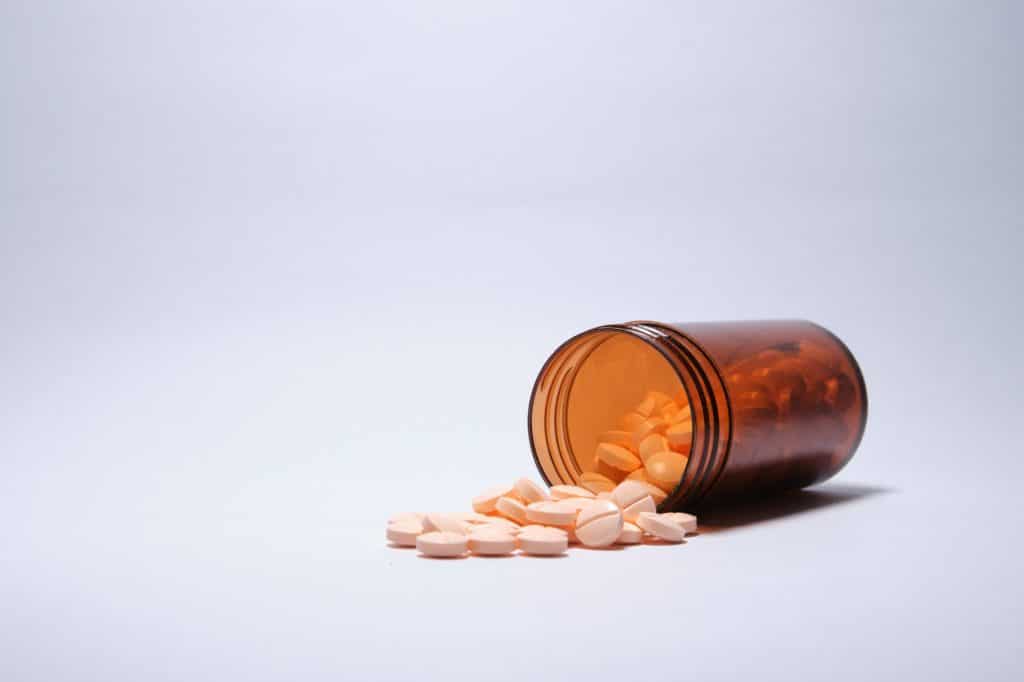
Uses
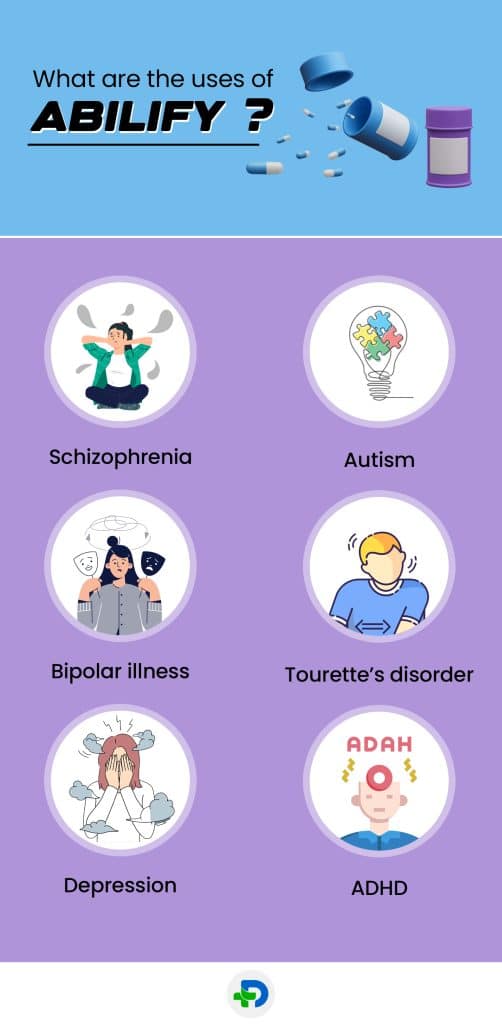
What are the uses of abilify?
Schizophrenia
- It may help ease the disease’s symptoms, such as hallucinations, delusions, abnormal thinking, and strange behavior.
Bipolar illness
- In those with bipolar disorder, it can aid in regulating mood swings, lowering manic periods, and preventing depressive episodes.
Depression
- To treat depression that is not responding to other drugs, it might be used in conjunction with antidepressants.
Autism
- It is helpful in controlling irritation, anger, and repetitive behaviors in autistic kids and teenagers.
Tourette’s disorder
- Tics and other related symptoms can be reduced with its support.
ADHD
- It might be an additional therapy for people with ADHD to help with impulse control and focus issues.1Uses| Researched based study from Nlm.nih.gov
Mode of Action
How does it work?
- It modifies the brain’s dopamine and serotonin levels, essential for controlling mood, thinking, and behavior.
- It functions as a partial agonist for dopamine receptors, which means that depending on the person’s demands, it may either boost or reduce the action of dopamine.
- It aids in improving symptoms, including delusions, hallucinations, and mood swings. Aggression, anxiety, and agitation can all be lessened with its aid.1Mode of Action| Researched based study from Nlm.nih.gov
Side effects
What are the side effects?
Like every drug, Abilify has side effects; each person will experience these side effects differently in intensity and frequency. The following are some of the most typical adverse effects:
- Nausea, vomiting, and diarrhea
- Drowsiness, lightheadedness, and dizziness
- Headache
- Insomnia
- Gaining weight
- Increased appetite
- Dry mouth
- Constipation
- Anxiousness or restlessness
- Blurred vision
- Muscle tremors or stiffness
- Having trouble swallowing.2Side effects| Researched based study from Nhs.uk
- Rarely, it can result in severe side effects like high fever, twitching muscles, and confusion, which could be symptoms of neuroleptic malignant syndrome.
- It may also make some people more likely to have suicidal thoughts and actions, particularly children and young adults.2Side effects| Researched based study from Nhs.uk
Precautions
What are the precautions needed?
Talk to your doctor
- Tell your doctor about any allergies and illnesses you may have had in the past or now, such as diabetes, seizures, heart disease, liver or kidney issues, and low blood pressure.
Other medications
- Any additional medications you are taking, including over-the-counter medicines, vitamins, and supplements, should be disclosed to your doctor.
Activities
- Until you know how the medication affects you, you must avoid operating heavy machinery, a vehicle, or engaging in other activities that call for mental alertness.
Monitoring
- During the first few weeks of therapy, close monitoring is necessary since it might raise the risk of suicidal thoughts and actions.
Rise in temperature
- Staying hydrated and avoiding exposure to excessive temperatures is crucial since it can cause a significant increase in body temperature, which can result in a condition known as hyperthermia.
Pregnancy or breastfeeding
- Abilify should not be taken by pregnant or breastfeeding women since its safety in these circumstances has not been proven.3Precautions| Researched based study from Nlm.nih.gov
Interactions with medical issues
Any underlying medical issues that could have an impact on the safety and efficacy of Abilify should be taken into account before using it.
Allergies
- You should refrain from using aripiprazole if you’ve ever experienced an adverse response to it or any other medicine.
Diabetes
- Your doctor may need to regularly monitor your blood sugar levels while taking it since it may raise blood sugar levels, which can be a problem for people with diabetes.
A cardiovascular condition
- With dementia-related psychosis, it may raise the risk of stroke or heart attack, particularly in older individuals. Consult your doctor before consuming it if you have a history of heart disease or a stroke.
Seizures
- It could reduce the seizure threshold, which might be a problem for those with a history of seizures.
A kidney or liver disease
- Your doctor may need to change the dose if you have liver or renal problems since it is metabolized in the liver and excreted via the kidneys.3Precautions| Researched based study from Nlm.nih.gov
Forms
What are the various forms available?
It comes in a variety of forms, such as
Tablets
- It may be taken once daily with or without meals, and its strengths range from 2 mg to 30 mg.
Orally dissolving capsules
- They don’t need water and dissolve swiftly on the tongue. They are available in 10 mg and 15 mg concentrations.
Liquid
- It is also available in liquid form, which is extremely helpful for those with trouble swallowing pills. The liquid is usually taken once a day and has a concentration of 1 mg/ml.
Injection
- A healthcare practitioner administers a long-acting version of the medication, often referred to as Aristada or Abilify Maintena, once every four weeks.1Forms| Researched based study from Nlm.nih.gov
Interactions
Interaction with medicines
Antidepressants
- Combining Abilify with specific antidepressants, such as tricyclic antidepressants or selective serotonin reuptake inhibitors (SSRIs), can increase the risk of serotonin syndrome, a rare but potentially fatal condition.
Benzodiazepines
- The combination of Abilify and benzodiazepines increases the chance of sedation, vertigo, and coordination problems.5
Alcohol
- Combining it with alcohol can make you more likely to become sleepy and lose your sense of balance.
Antihypertensive
- When used with other antihypertensive medications, it can further drop blood pressure, which might make you dizzy.
CYP3A4 blockers
- The CYP3A4 enzyme in the liver breaks it down. Its metabolism may be impacted by using other medications that inhibit or stimulate CYP3A4, which might modify its efficacy or result in adverse side effects.5Interactions| Researched based study from Otsuka-us.com
Interaction with food and supplements
Grapefruit juice
- It might increase the concentration of the drug in your blood, raising the possibility of adverse side effects.
Caffeine
- Limiting your caffeine consumption is advised since it might enhance the effects of caffeine.
Supplements
- Some supplements, including melatonin and St. John’s Wort, can interact with Abilify and raise the risk of adverse effects.
Antacids
- It is advised to take Abilify at least 2 hours before or after taking antacids since doing so might decrease the absorption of the medication into the circulation.
Food
- It may be taken with or without meals. However, it is advised that you take it every day at the same time with the same quantity of food.5Interactions| Researched based study from Otsuka-us.com
Overdose
Overdose toxicity of abilify
It can be severe and call for immediate action
Overdose symptoms might include:
- Fatigue or sedation
- Instability or agitation
- Rapid heart rate
- Disorientation or confusion
- Tremors or rigid muscles
- Seizures
- Loss of awareness or fainting
- Breathing difficulties.
Supportive care is often used as part of treatment. This might include monitoring vital signs, giving activated charcoal to limit absorption, and offering breathing support as needed. In severe situations, hospitalization can be necessary.4Overdose| Researched based study from Nlm.nih.gov
It’s vital to take Abilify precisely as prescribed and to never alter your dosage without first talking to your doctor. If you forget to take a dose, take it as soon as you remember. If your next dosage is approaching, skip the missed one and proceed with the regular dose. To make up for the dose you missed, don’t take extra medication.4Overdose| Researched based study from Nlm.nih.gov
Takeaway
Key Takeaways
- Several mental health disorders can be treated with Abilify.
- It can help treat mental illnesses but can also have serious side effects. It is crucial to follow the directions strictly and report any alarming symptoms immediately.
- It should always be used with a doctor’s supervision so they can keep track of your development and guarantee your safety.
Any feedback on this article?
 This Articles content was accurate
This Articles content was accurate Very Informative Article
Very Informative Article I have a question or a comment
I have a question or a comment
 This article contains inaccurate content
This article contains inaccurate content This article was not helpful
This article was not helpful I have a question or a comment
I have a question or a comment
We appreciate your helpful feedback!
Checkout our social pages
References
-
National Library of Medicine
Aripiprazole | Overview | Uses | Action
-
National Health Service
Aripiprazole-Side effects | Side effects
-
National Library of Medicine
Antipsychotic Medications | Precautions
-
National Library of Medicine
Abilifright: A Case Report of Massive Aripiprazole Overdose in a Toddler | Overdose
-
Otsuka
Abilify | Interactions















